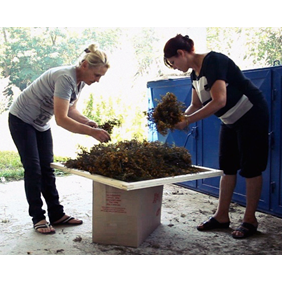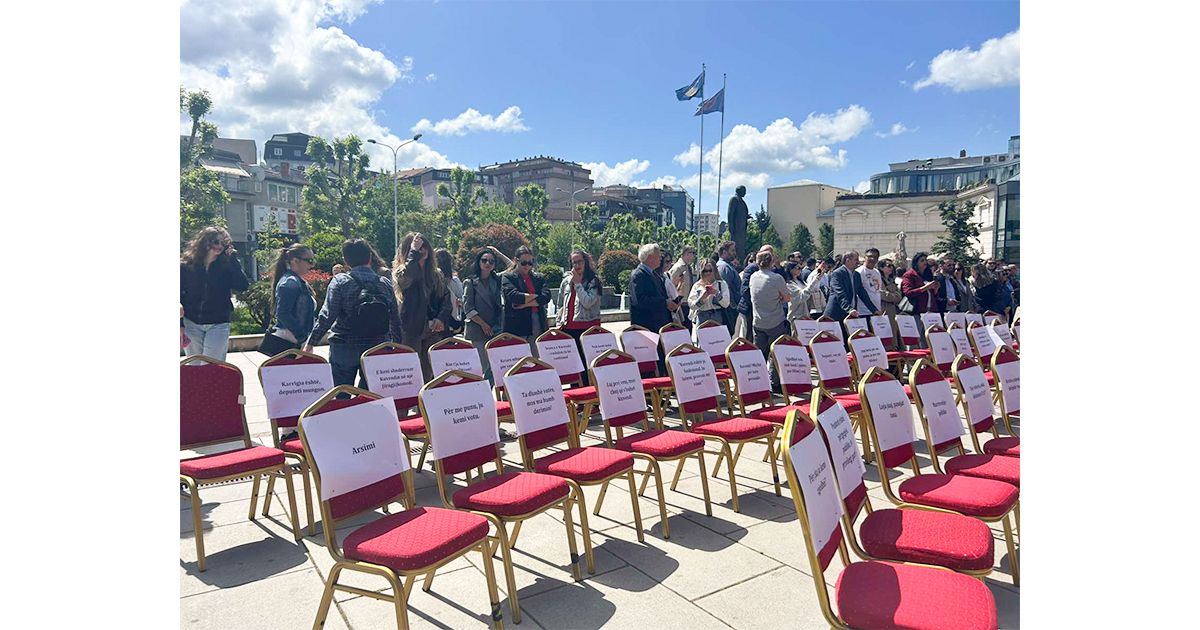An interethnic group of women in Shtrpce always dreamed of forming an organization through which they could collect and market herbal teas. They aimed to prepare products with quality ingredients in an environmentally friendly manner. Some of medicinal plants with which they wanted to work are well-known in the pharmaceutical industry. With support from the Kosovo Women’s Fund (from ADA) and Caritas Switzerland, they were able to realize their dream, opening their organization, “Ikebana.”
However, establishing a new organization is no easy task. Ikebana members needed support in order to establish systems, policies and procedures for their organization to function independently. KWN staff members provided mentoring to support them in developing these. With KWN support, they also purchased machines for drying and producing teas. They began work, learning from each other. They also took part in trainings that equipped them with theoretical and practical information. They used their knowledge to begin collecting and producing teas in June. Although they began as a small group, with time their group has grown.
“We were constantly looking to find a way to start working, to show that we can work,” said Ankica Zivkovic, the Executive Director of Ikebana. “Now with funds from KWN, we are showing our potential. We are very thankful to the Kosovo Women’s Fund for this opportunity.”



